Health Secretary Wes Streeting has written to the British Medical Association offering further talks on better working conditions – but only if they call off this week’s strike.
Streeting says negotiations which began on Thursday have been constructive – but with resident doctors, formerly known as junior doctors, due to walk-out for five days on Friday, he is urging them to postpone.
Many hospitals have delayed cancelling appointments while talks continue, but are expected to start this on Wednesday so this is the last chance to stop major disruption.
The BBC understands the BMA is meeting to discuss their response.
A range of different non-pay related issues have been discussed over the past five days after Streeting made clear he could not shift on pay.
This includes the government covering the cost of mandatory exam fees which can run to several thousand pounds during medical training as well as giving doctors more control over where they are placed during their first two years of training and more notice of rotas.
Ways of speeding up career progression after the first two years of training has also been discussed. Resident doctors can spend 10 years or more in training.
Student debts accrued during five-year university courses, which for doctors can run to £100,000, have also been brought up, but the government is thought unlikely to agree to writing off debts, even partially, despite reports last week.
Resident doctors were awarded an average 5.4% pay rise for this financial year, following a 22% increase over the previous two years.
But the British Medical Association says wages are still around 20% lower in real terms than in 2008 and are demanding “pay restoration”.
A spokesperson for the Department of Health and Social Care said: “The letter from the secretary of state to the BMA’s resident doctor committee is the culmination of the constructive conversations that have been had in recent days.
“It is now for the BMA to decide whether they want to take up the offer of further discussions on ways to improve the working conditions of resident doctors if they postpone their damaging strike action which is scheduled for later this week.”
Earlier BMA deputy leader Dr Emma Runswick told the BBC the talks had been “constructive” and she said she hoped a solution could be found.
It comes after the BMA said NHS England was putting patients at risk of harm in the upcoming strike.
The union believes NHS England’s plan to limit the number of routine treatments being cancelled will stretch senior doctors covering for striking resident doctors too thinly.
NHS England has ordered hospitals only to cancel non-urgent care, such as hip and knee operations, in exceptional circumstances.
BMA deputy leader Dr Emma Runswick told the BBC the plan risked causing a host of last minute cancellations and “at worst could be risk and lead to harm”.
“Senior doctors cannot physically be in two places at once,” said Dr Runswick.
“We think the vast majority of planned and scheduled care should be shifted.”
During previous strikes in 2023 and 2024 non-urgent work was cancelled in large quantities so senior doctors could provide cover in emergency and urgent services.
This came after NHS England told hospitals that rescheduling bookings and appointments would be “sadly essential” to maintain safe care.
At some hospitals up to half of planned care was cancelled.
But this new approach is being overseen by Sir Jim Mackey, who became chief executive of NHS England in the spring after Amanda Pritchard stepped down.
Sources at NHS England said he was determined to minimise the disruption, pointing out that cancelling non-urgent work comes at a risk to patients too.
Dr Runswick also defended the sums being charged by senior doctors for covering resident doctors during the strike. The BMA has suggested consultants charge over £300 an hour for night shifts.
Dr Runswick said sometimes the NHS needed to “incentivise” doctors to provide cover outside their normal work.

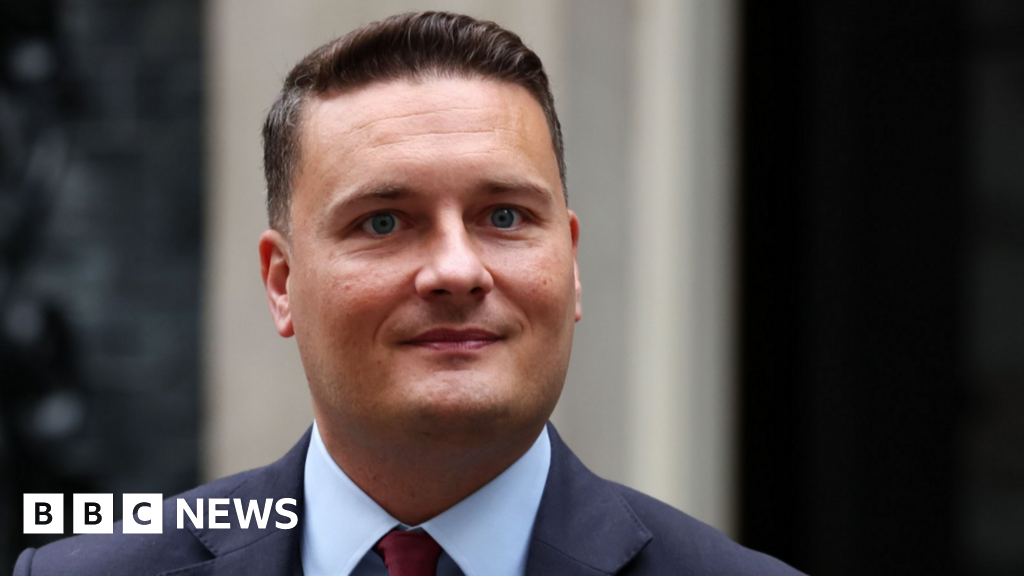

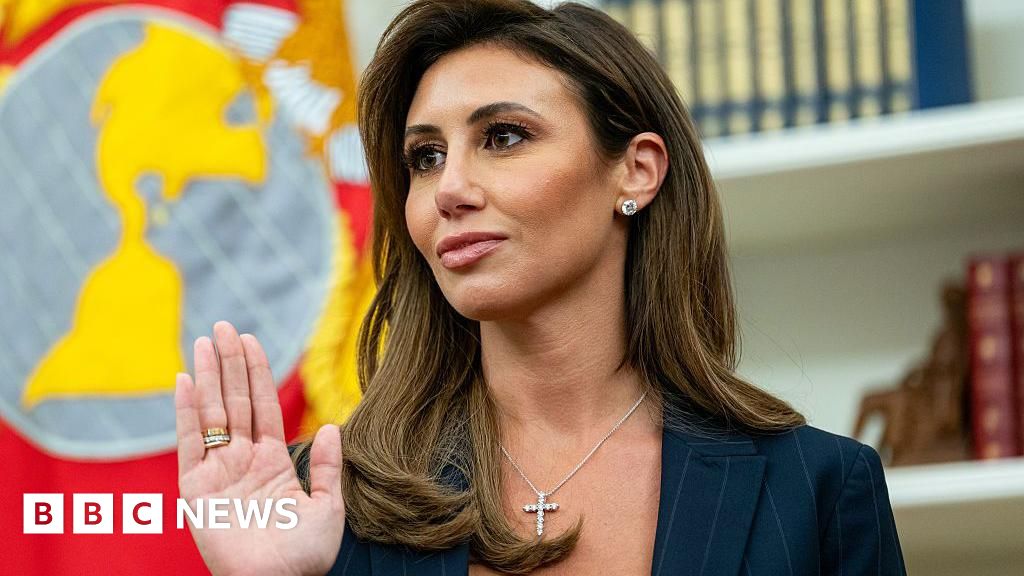


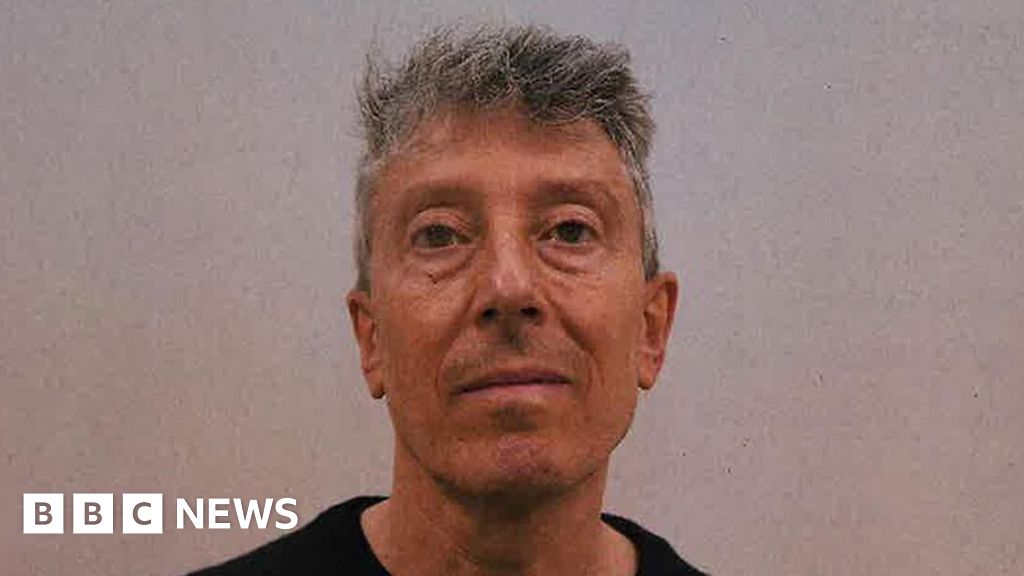


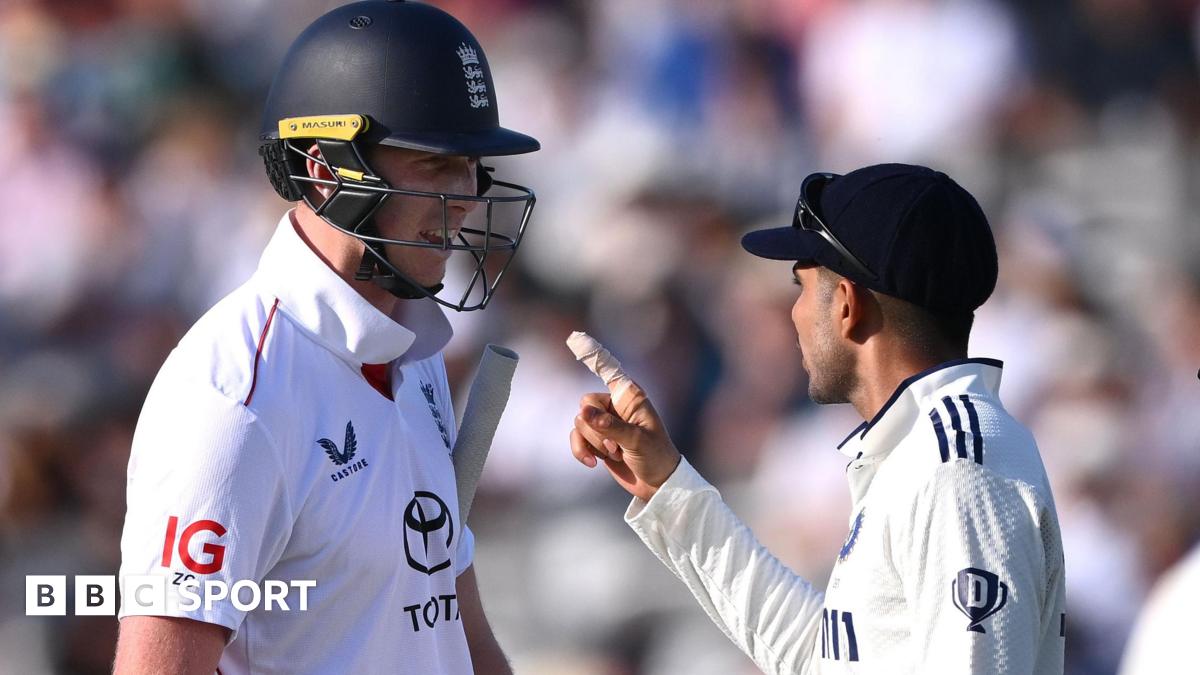

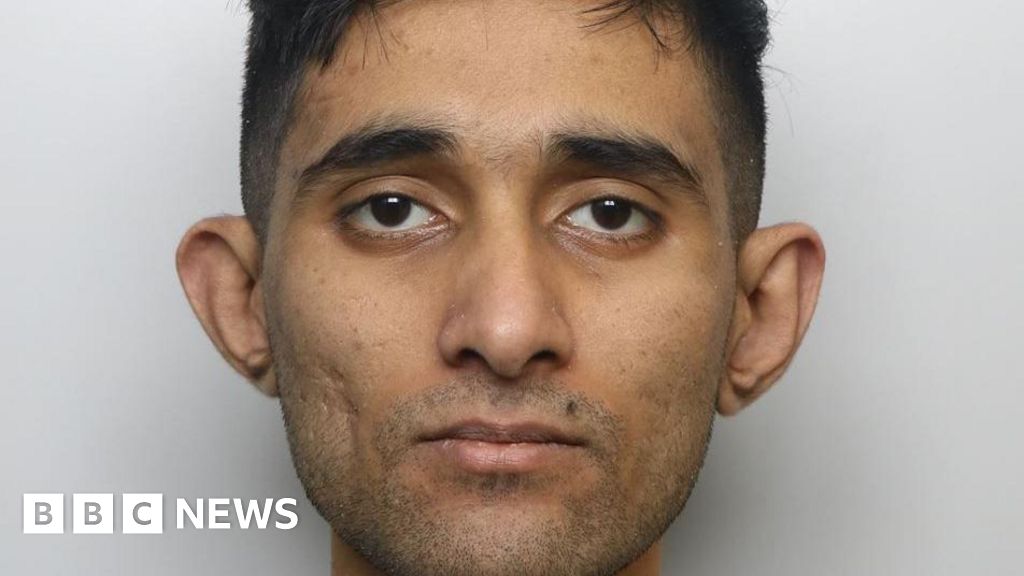
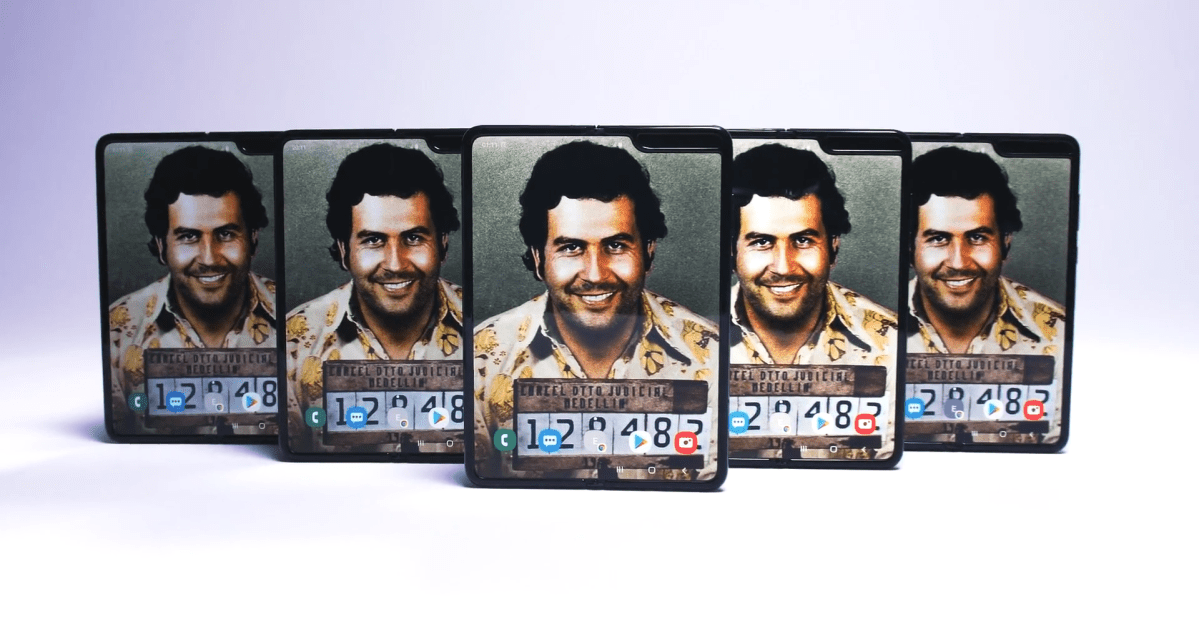
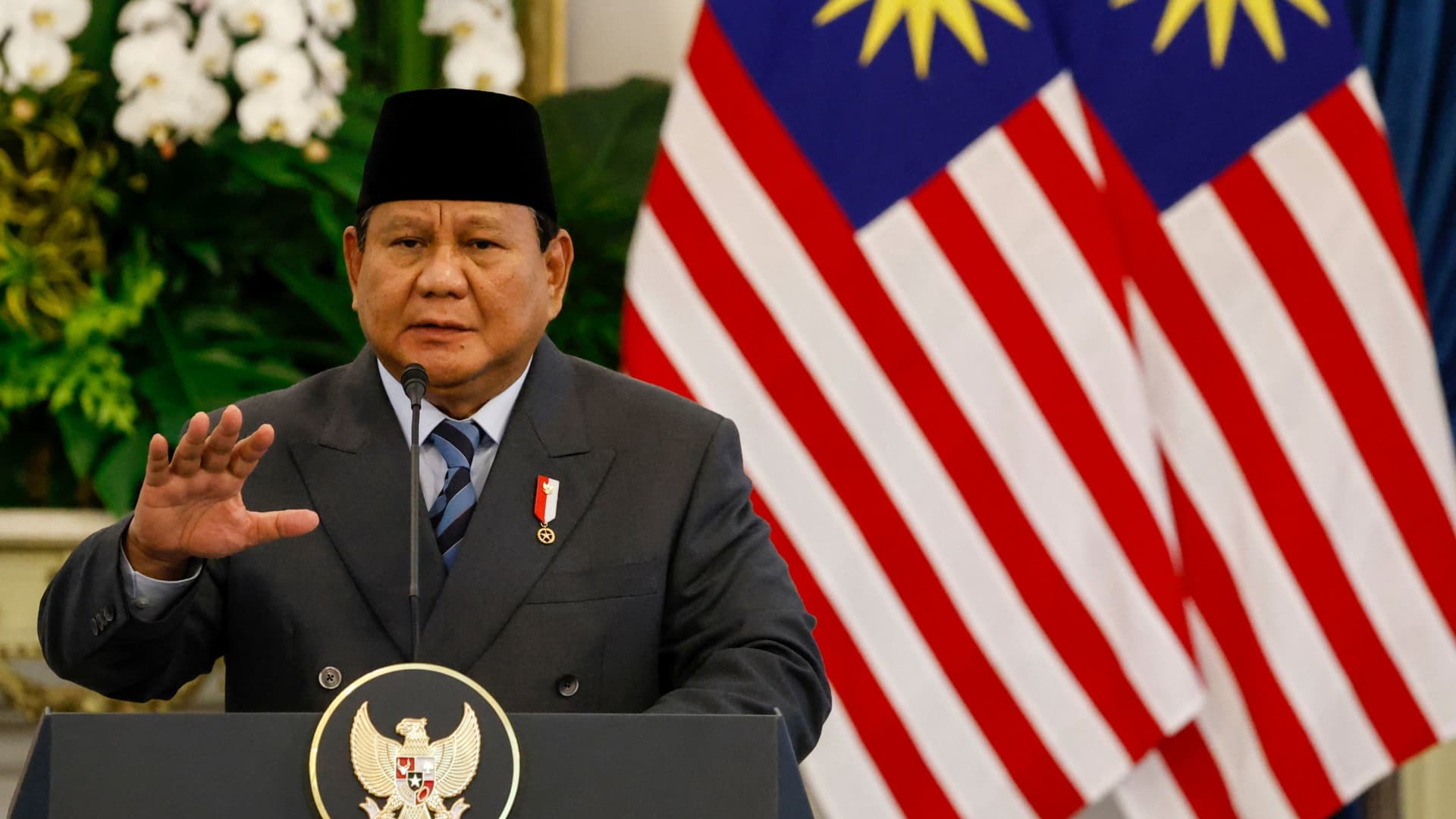

Leave a Reply